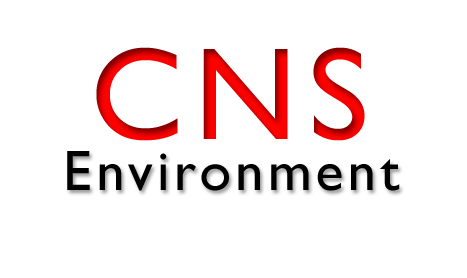WASHINGTON — Rep. Chris Van Hollen, D-Kensington, has reintroduced legislation designed to curb pollution by reducing carbon emissions while providing grants to Americans to offset higher energy costs.
The Healthy Climate and Family Security Act of 2015, introduced Tuesday, is this year’s version of legislation that languished in the Energy and Power subcommittee last year.
Van Hollen said Tuesday that increasing awareness and acceptance of the reality of climate change will allow the bill to gain more traction this year. “The climate change deniers are increasingly seen as totally out of touch with the reality of what’s happening and with American voters,” he said during a press conference.
He added, “You’ve seen a steady increase in awareness about the huge costs communities are paying as a result of climate change. Some Republicans recognize that they can no longer deny the reality of climate change.”
Van Hollen’s bill would instate a declining cap on carbon pollution produced within the United States. The cap would set a limit on the total amount of carbon emissions released by the oil, coal, and natural gas industries to release as a whole.
First sellers, which are companies that extract new fossil fuels from the ground or import them into the U.S., would be required to purchase permits that would enable them to emit a certain amount of carbon.
The carbon permit revenue would be allocated into a fund run by the Treasury Department called the Healthy Climate Trust Fund. All of the proceeds would then be distributed to American citizens in the form of quarterly dividends to help offset expected higher energy costs.
The projected revenue for a family of four is $260 per year, according to the Healthy Climate and Family Security Act website.
The cap would encourage gas companies that use carbon-intensive fuel to find lower-carbon or zero-carbon fuel alternatives because the quantity of permits would decrease over time.
If the bill is passed, the cap would be enacted this year and is expected to produce results by 2020. One of the goals is to reduce 20 percent of gas emissions by 2020, 40 percent by 2030 and 80 percent by 2050 compared to 2005 gas emission levels.
Sierra Club Federal Campaign Director Debbie Sease said in a statement, “Sierra Club supports the Van Hollen bill because it puts a declining cap and a price on all US carbon pollution; two things that are essential to truly addressing climate change in the long-term.”
The Treasury Department would be in charge of auctioning carbon permits at least four times a year. Each permit is equivalent to a metric ton of carbon dioxide emission.
At the end of each year on April 1, first sellers would be required to present the Treasury Department with the number of permits equivalent to their carbon dioxide emission.
The penalty for companies that fail to purchase enough permits to cover their actual pollution impact would be three times the value of the required permit.
The bill is supported by various organizations including 350.org, an international environmental group focused on addressing climate change.
Founder Bill McKibben said in a statement, “The basic idea that we own the sky, not Exxon, is a key part of the endgame in the climate debate. I’m glad it’s getting a Congressional hearing.”

